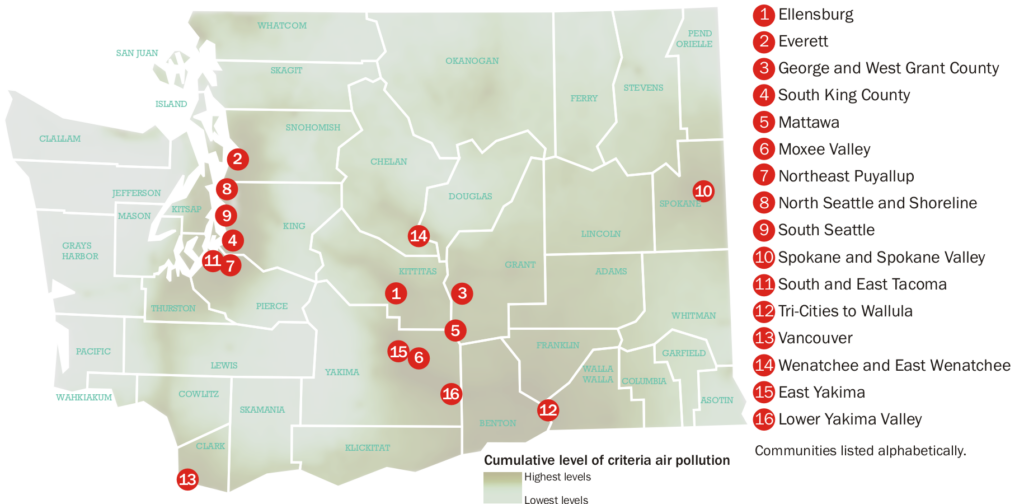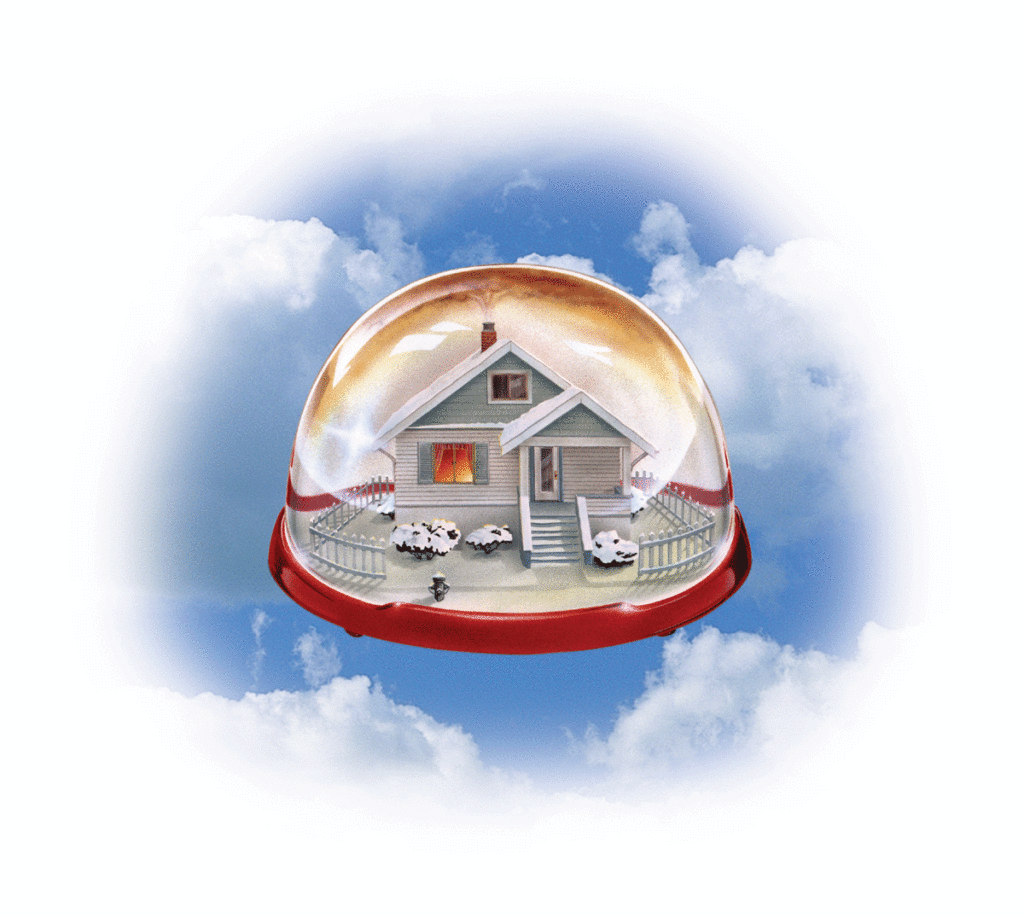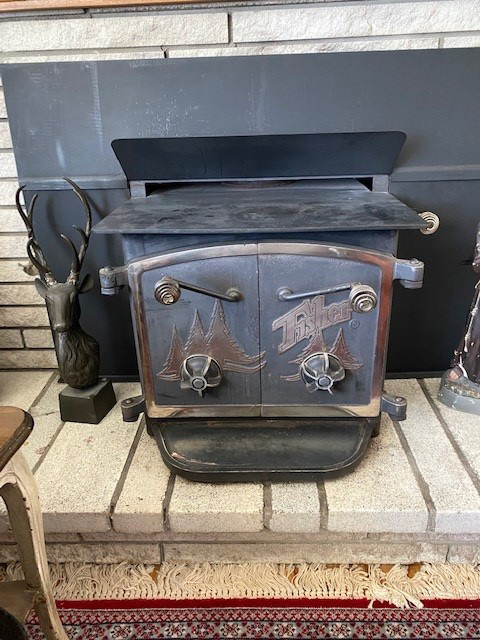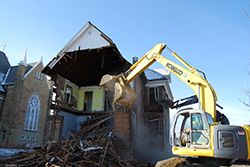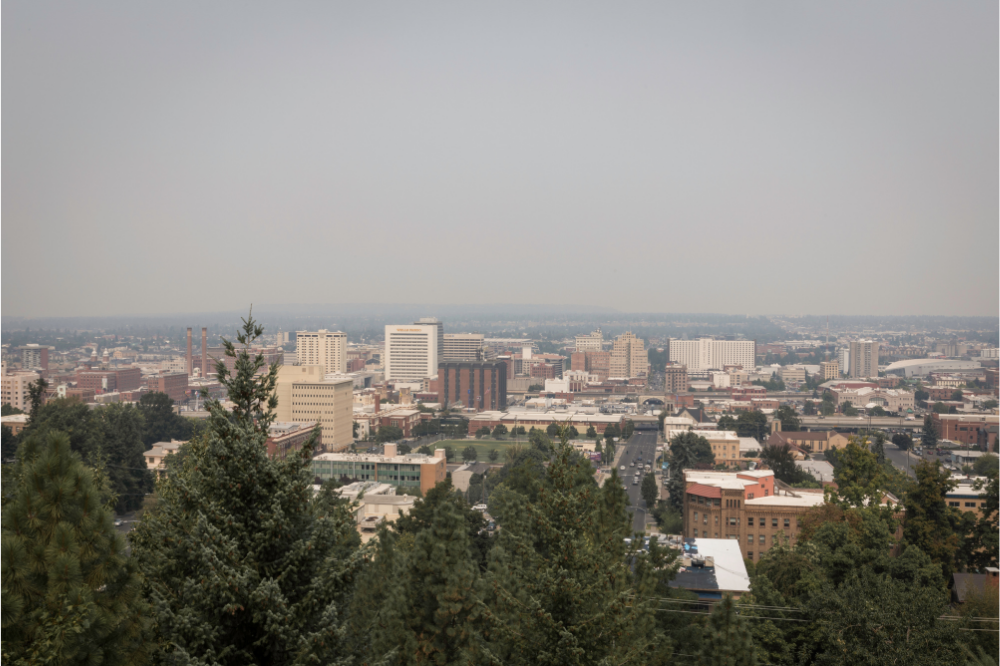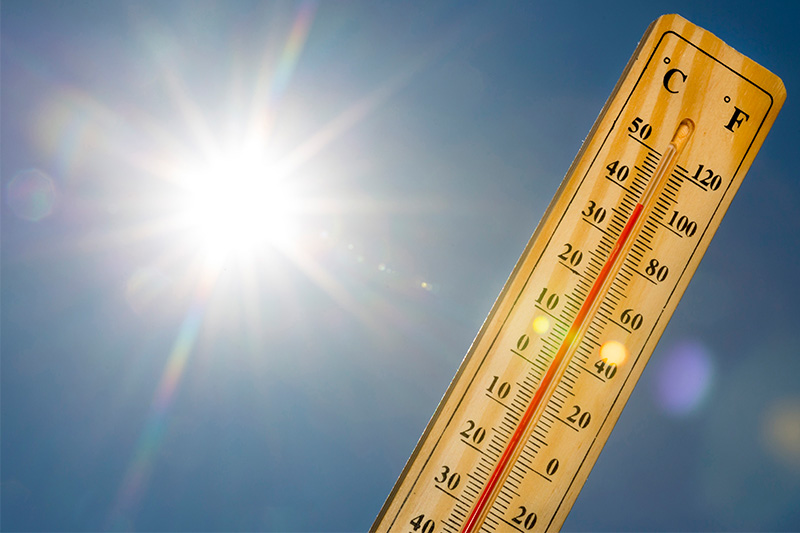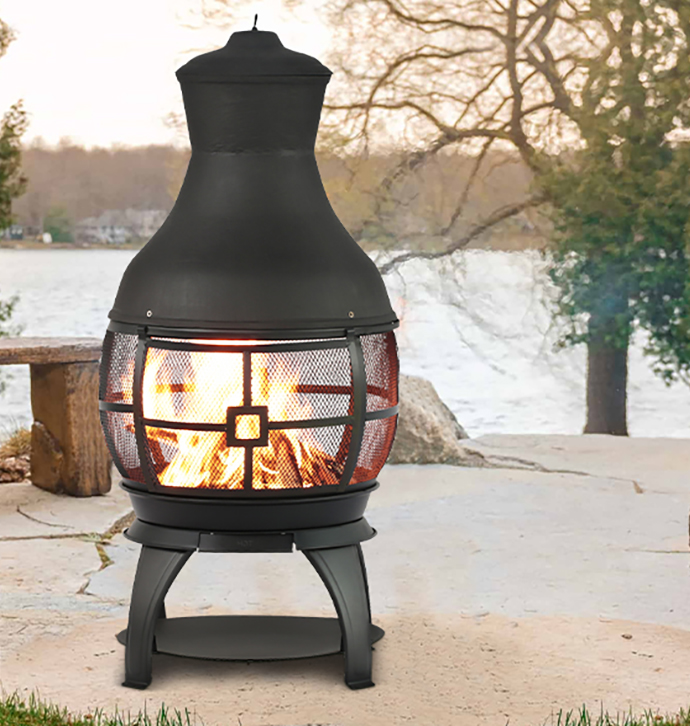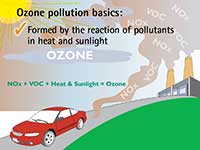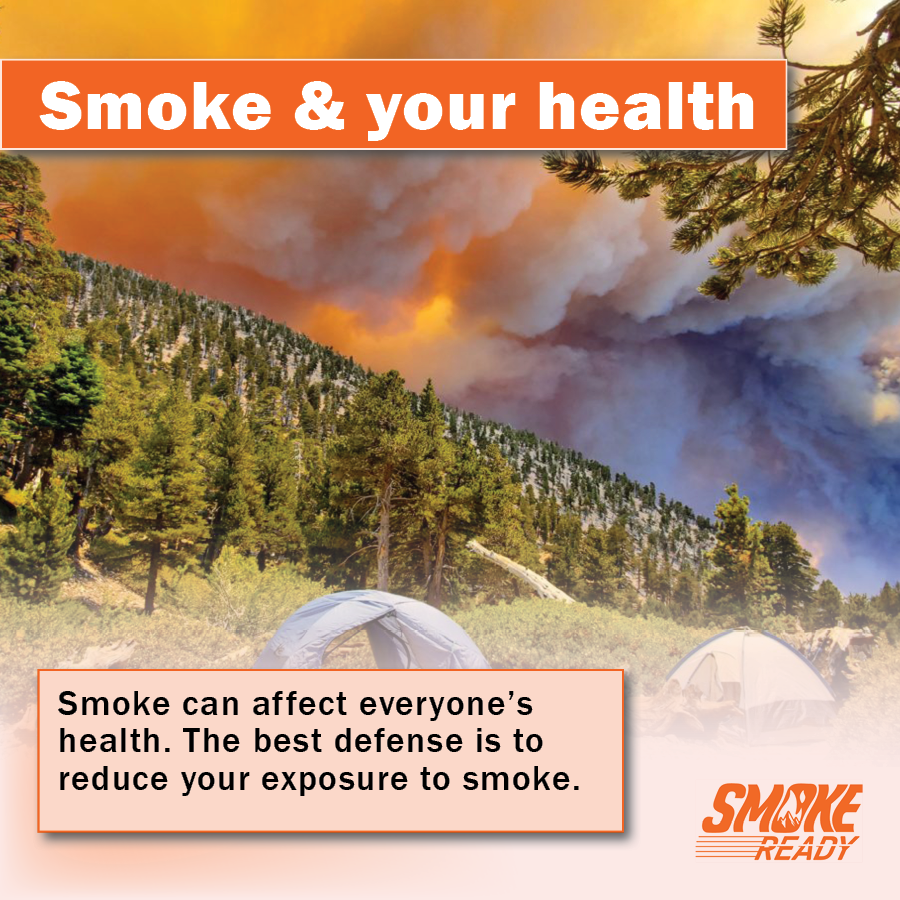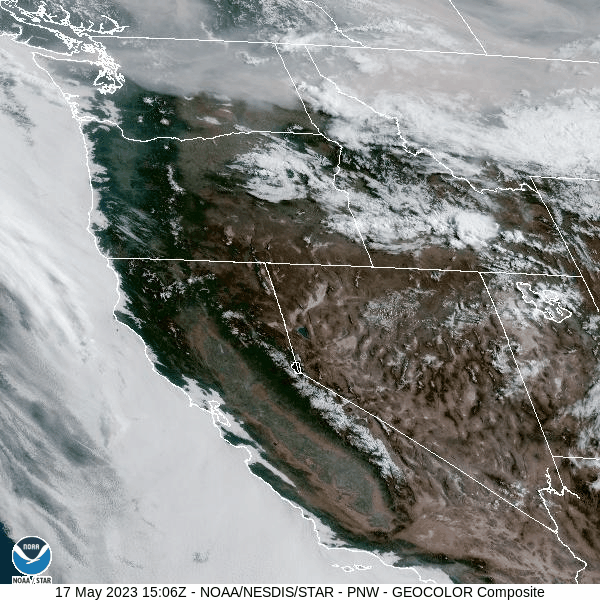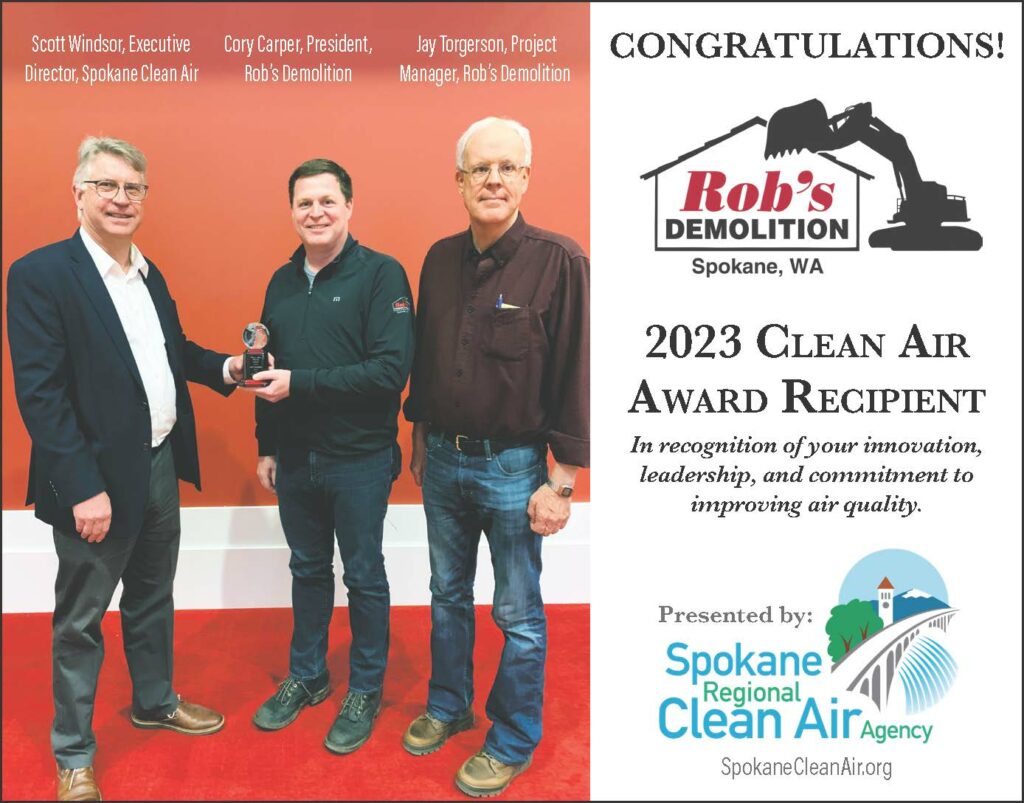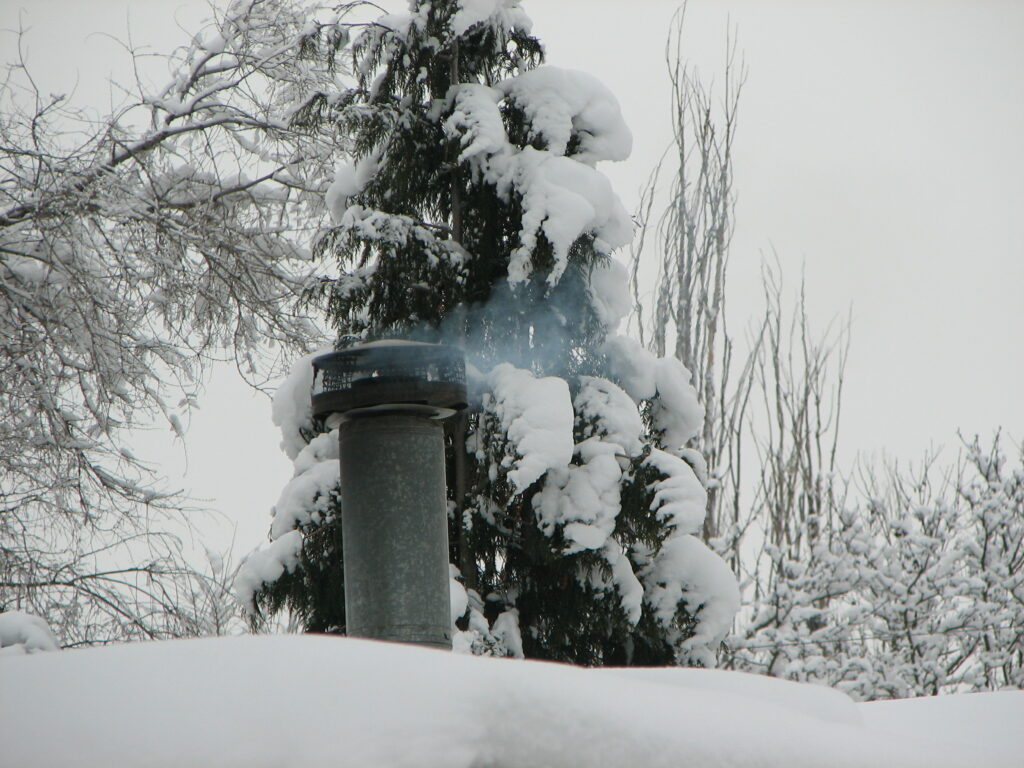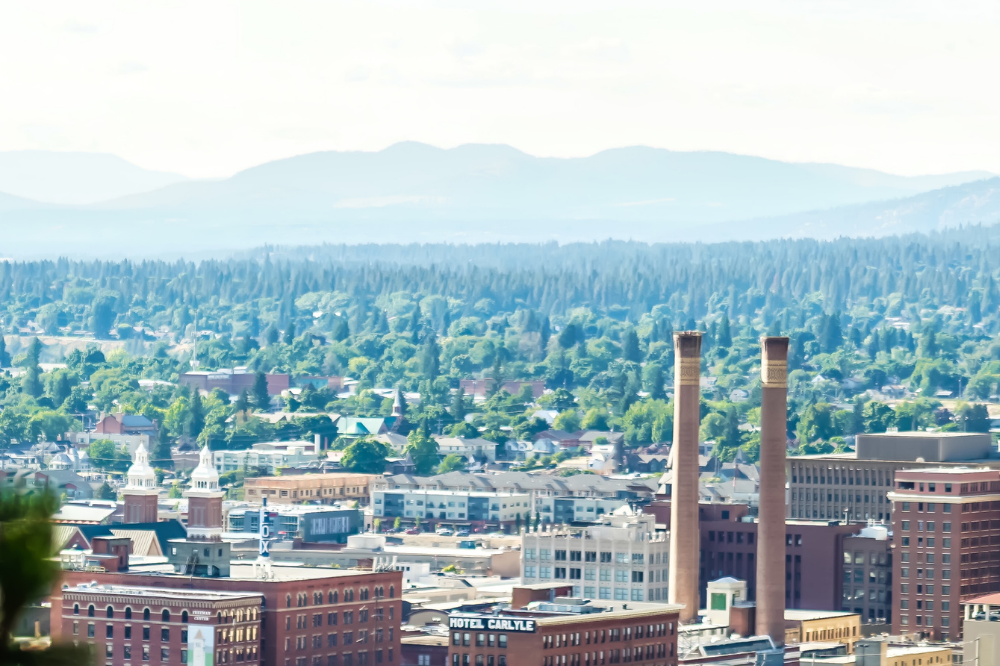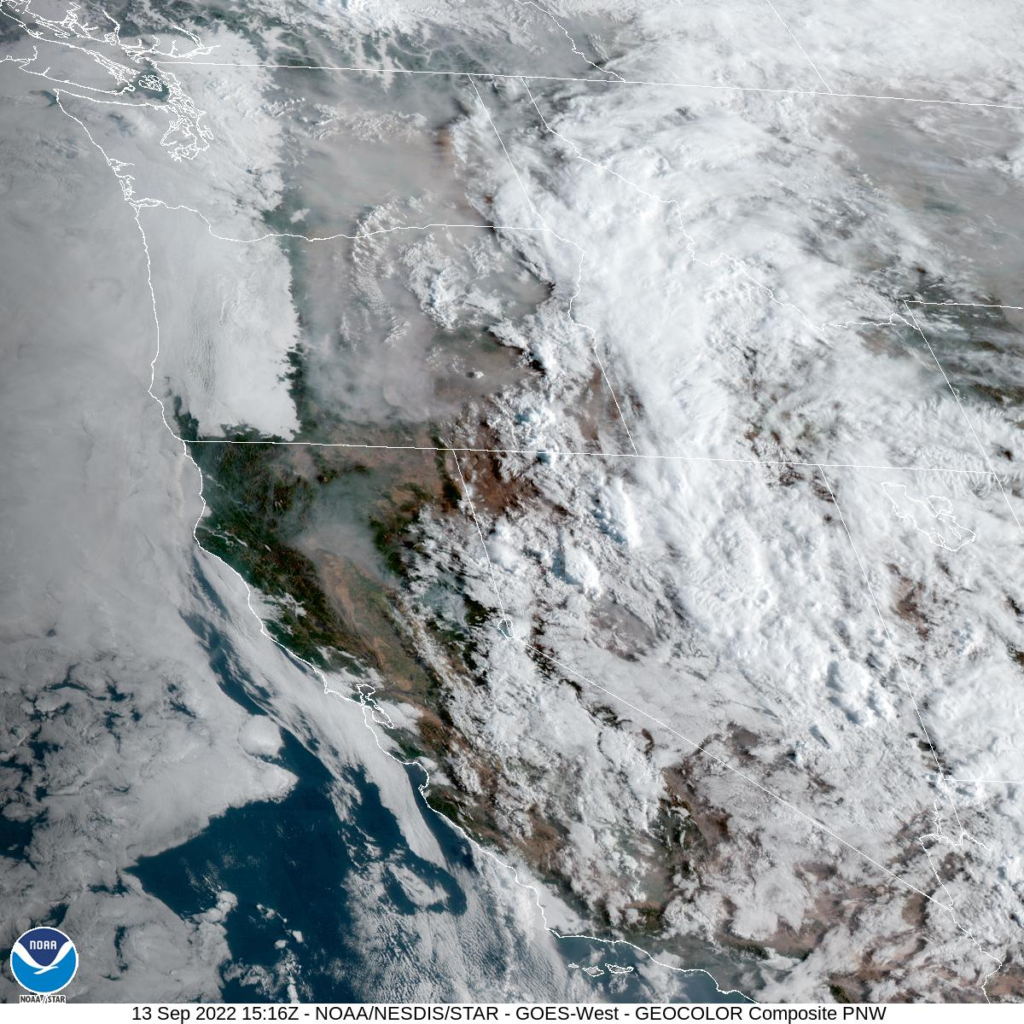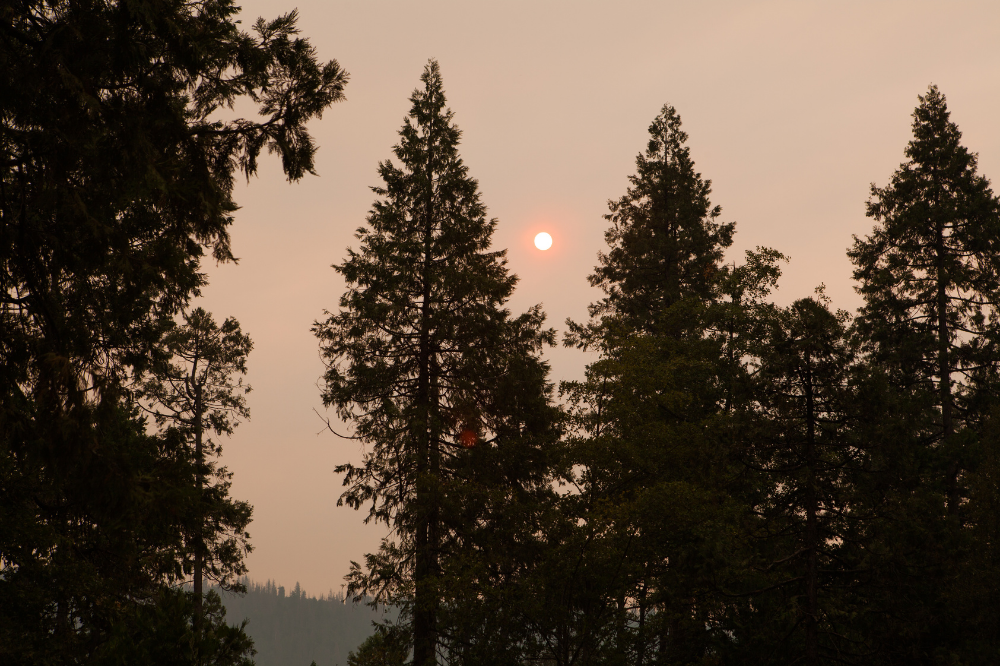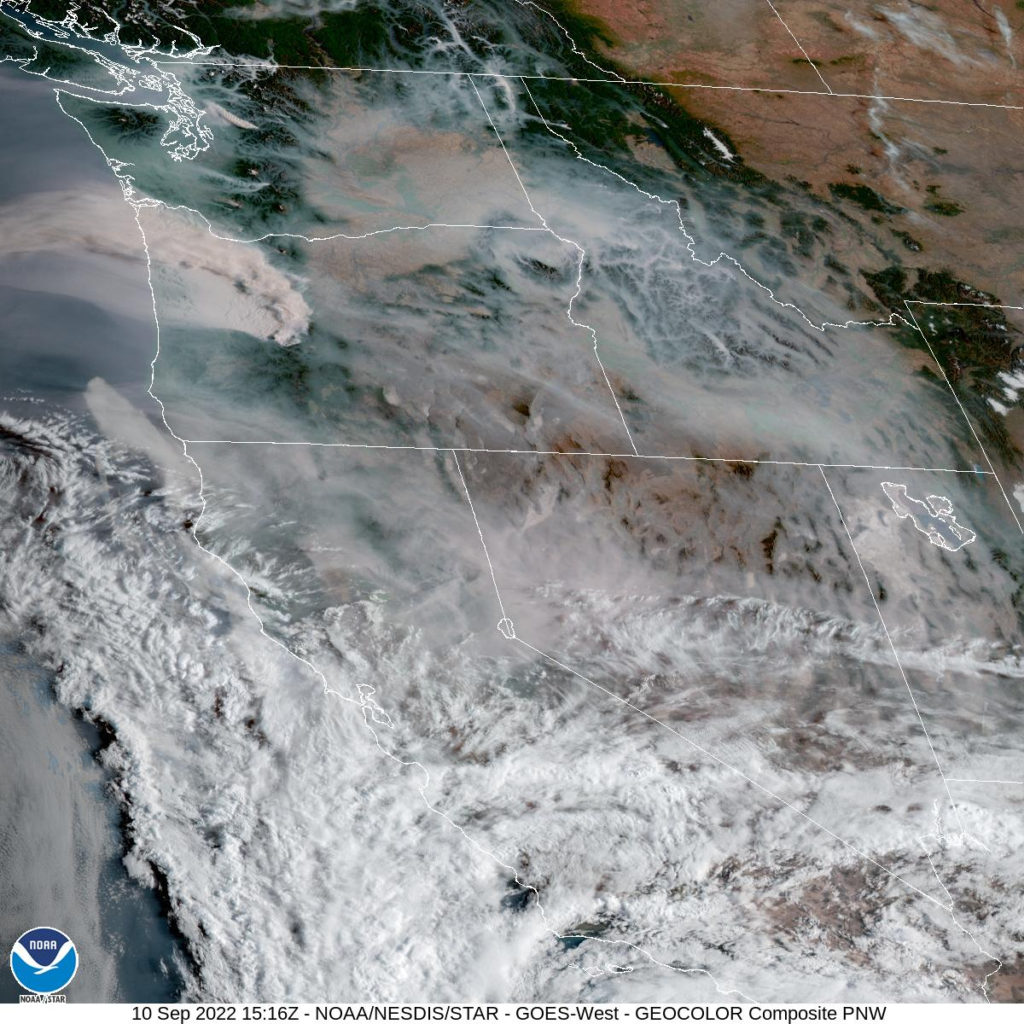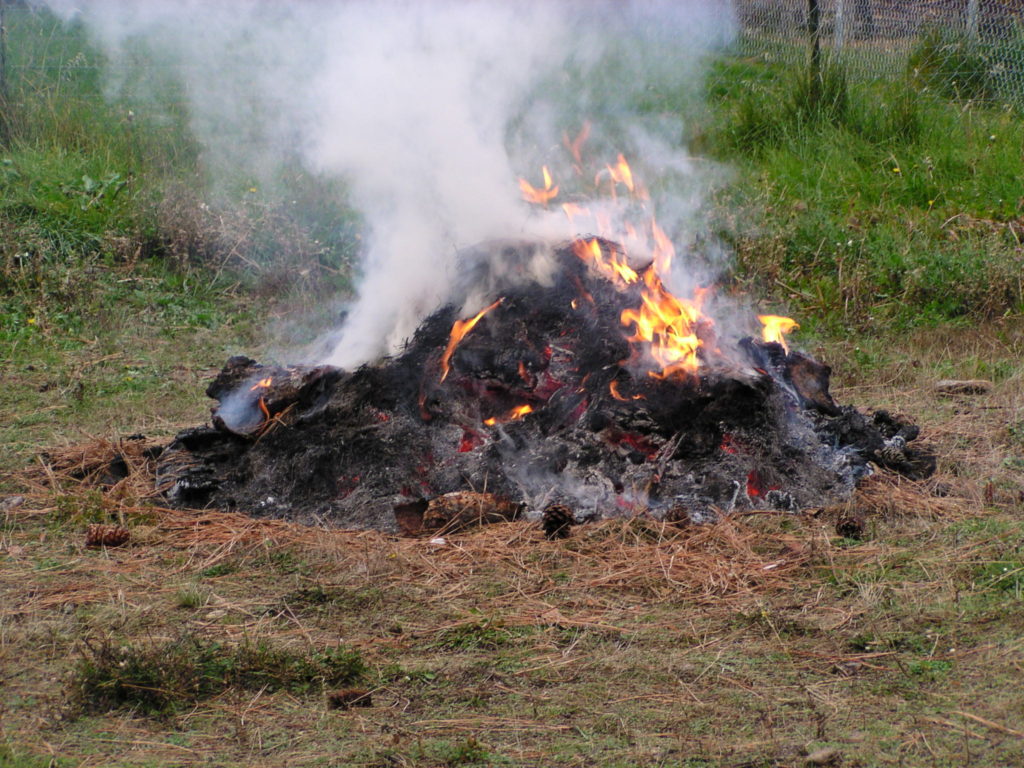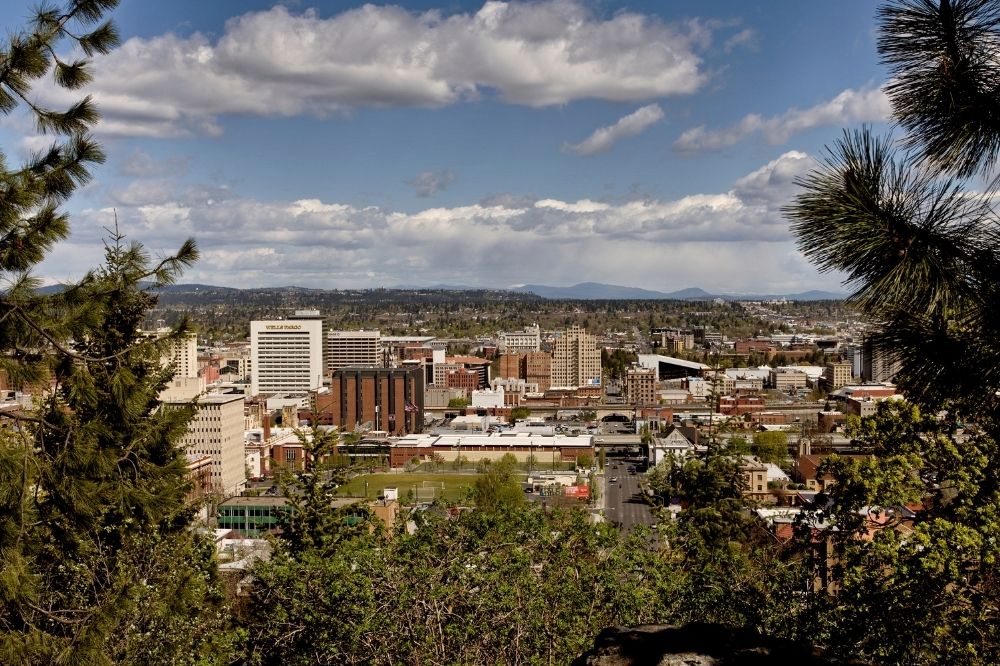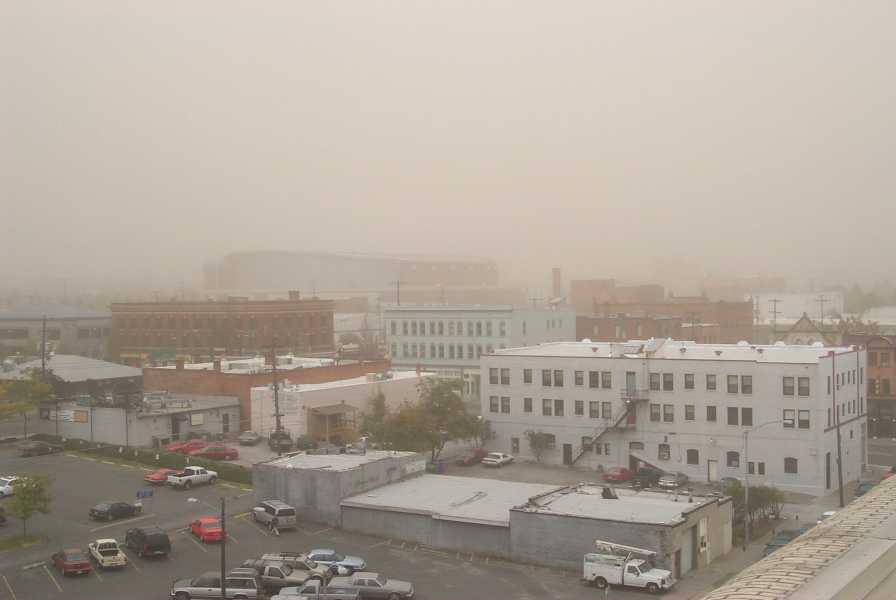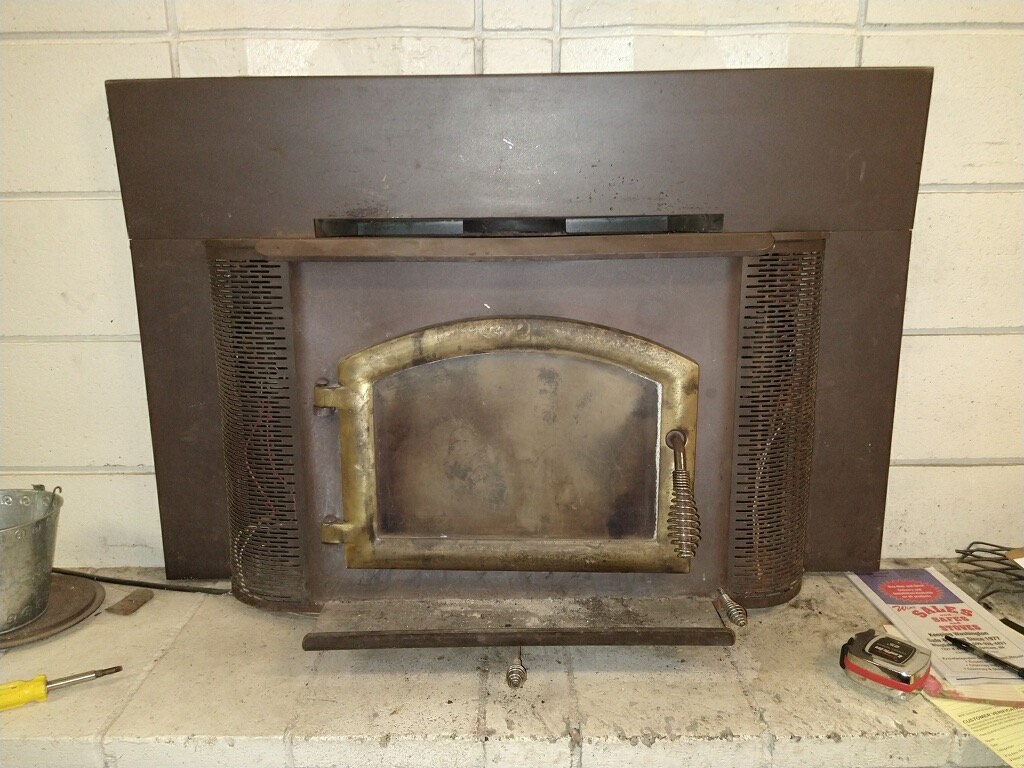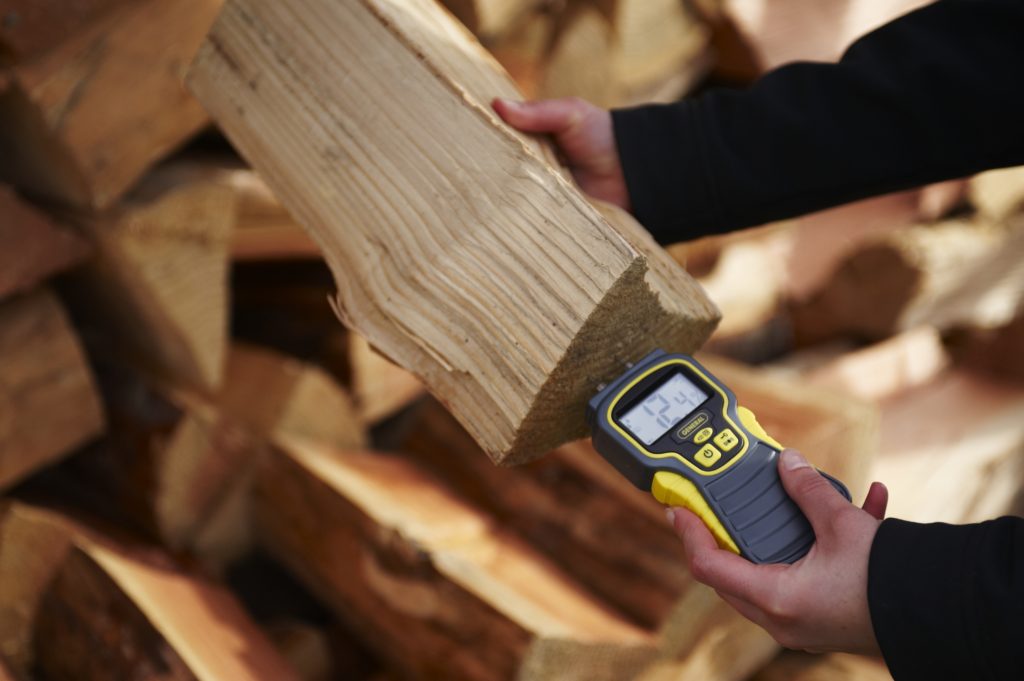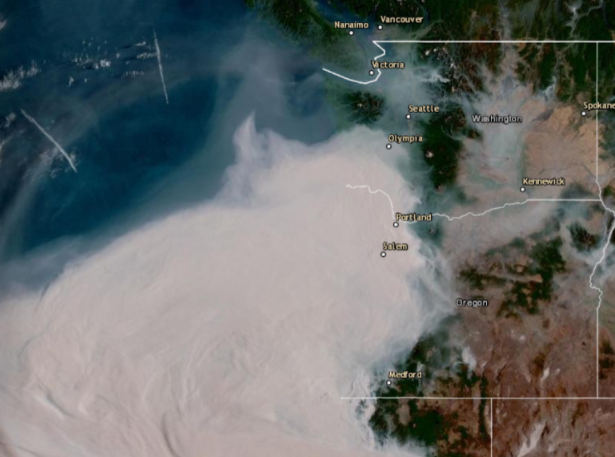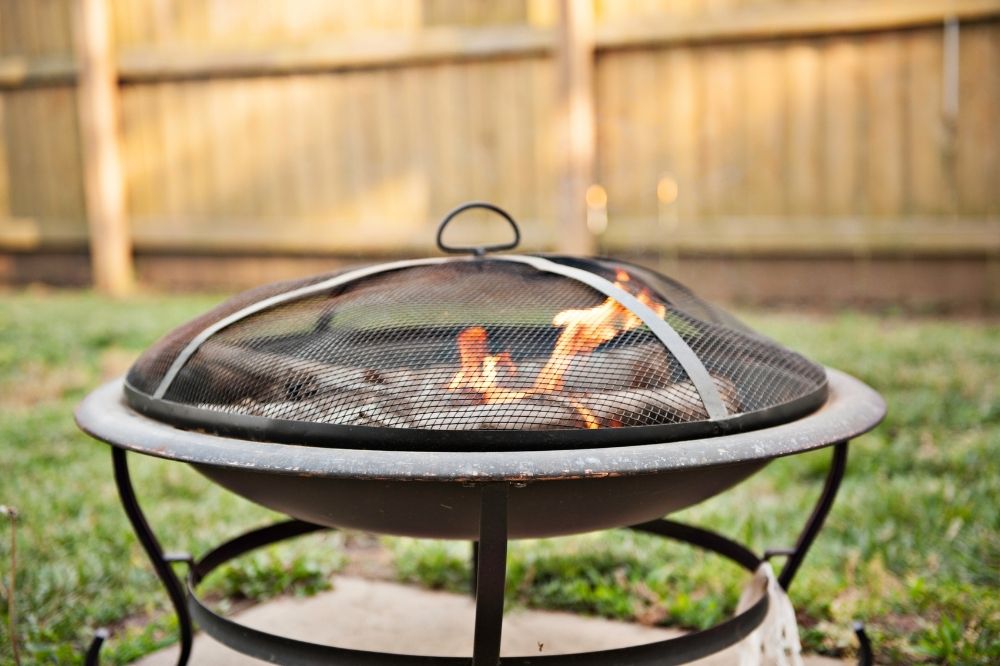
Recreational fires include camp and cooking fires, backyard barbecues, chimneas and other patio warmers that burn charcoal, natural firewood, or manufactured logs and pellets. The fires are limited to private property and designated areas on public lands when restrictions are not in place.
It is important to follow these requirements whenever you have a recreational fire:
- Keep it small, not tall. Fires must not exceed three feet across and two feet high.
- Fuel it right. Use only approved fuels: charcoal, natural gas, propane, manufactured logs/pellets, firewood. Firewood must be dry, clean and natural (untreated). The fire cannot be used for disposal of anything, including paper, natural vegetation, etc.
- Stay clear of structures. Outdoor wood-fueled recreational fires must be a minimum of 25′ away from any combustibles and structures.
- Stand guard and extinguish. A person capable of extinguishing the fire must attend it at all times. Completely extinguish the fire before leaving it.
- Ask first. Permission from a landowner (or owner’s designated representative) must be obtained before having a recreational fire. The fire may not cause a smoke and/or odor nuisance to neighbors. Check for other rules that may apply to your use of a recreational fire, such as homeowner association covenants, rental agreements, etc.
- Mind the ban. Outdoor wood burning is restricted during periods of poor air quality or fire danger conditions. Air quality agencies issue restrictions based air quality concerns. Fire officials may restrict outdoor burning based on fire danger conditions (typically summer into fall). Always check Current Burning Conditions or call: 509-477-4710. You may also subscribe to email notifications of burn restrictions.
- Be a good neighbor. It is never okay to smoke out your neighbors. If smoke from your recreational fire bothers your neighbors, poses a threat or causes damage to their property or otherwise causes a nuisance, you must put it out immediately. For these reasons, you may wish to consider purchasing gas or electric devices versus wood burning units, especially if you live in close proximity to neighbors.


